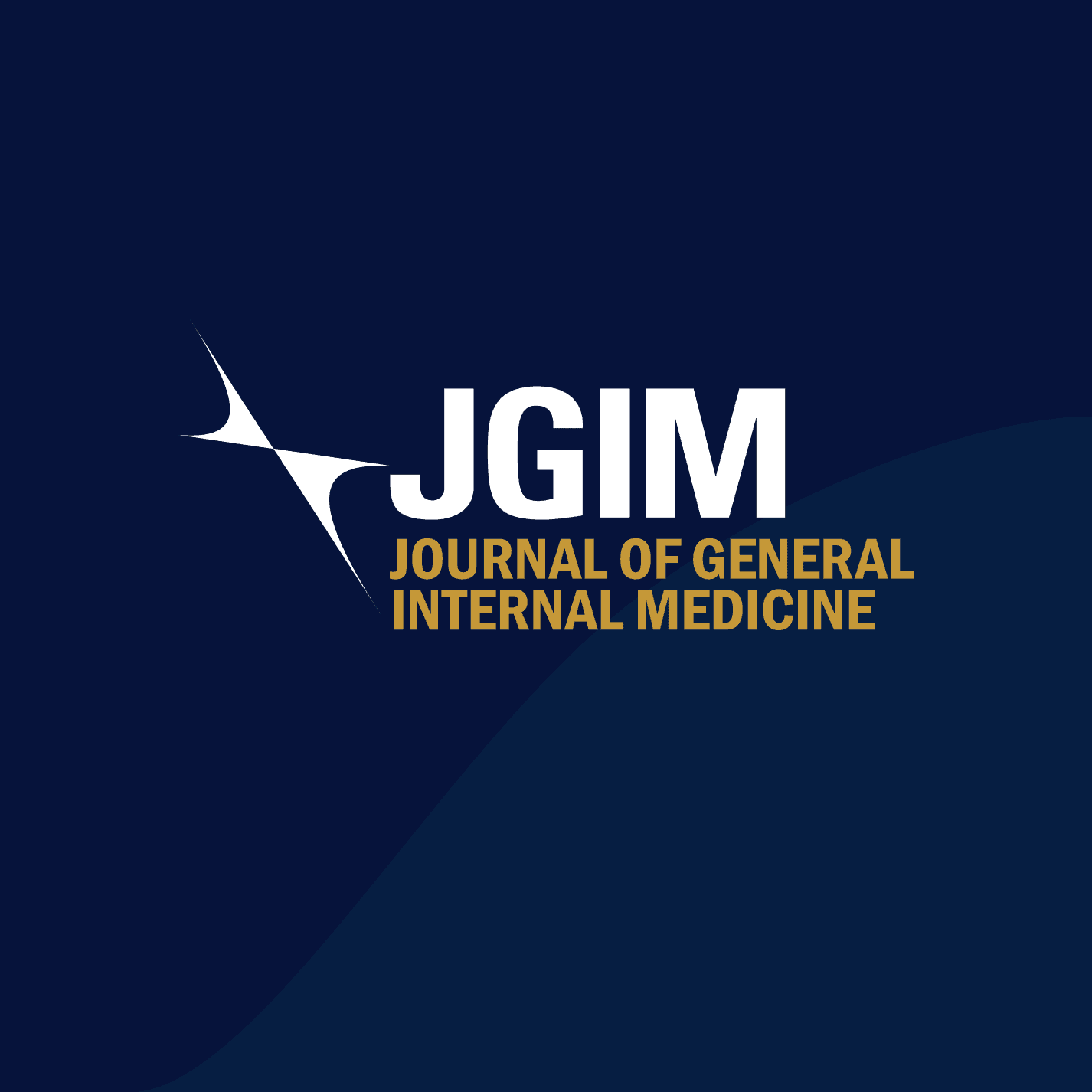As Dr. Martin Luther King stated in 1968, “The arc of the moral universe is long, but it bends toward justice.”1 In healthcare as in policy and politics, bending the arc toward justice requires attention and effort. In medical education, justice is grounded in educational equity — the deliberate stance, structures, and policies necessary for all learners and faculty to achieve their greatest potential.
In this special education issue of JGIM, six manuscripts address topics in social justice. Social justice can be defined as “a state or doctrine of egalitarianism.”2 One perspective reflects on inclusivity in medical education research. Three research studies explore the impact of complex, poorly described social justice issues on learners and programs. Two education innovation reports describe curricular solutions to social justice issues.
In their perspective, Hauer et al. explore how to evolve from the current state of medical education research to a more inclusive state. The authors discuss white supremacy culture and critical theory concepts to lay out a future state for assembling highly functioning, inclusive research teams.3
Pierson et al. surveyed students at 14 US medical schools to explore how professional and social experiences differ between students from low and high socio-economic status (SES) backgrounds. Most (75%) medical students are from the top two quintiles of SES, while only 5% are from the lowest quintile. In this study, medical students from lower SES backgrounds were less confident that they could afford educational and basic resources. These students were also more likely to report that financial strain had an impact on their academic performance. Medical schools are not doing enough to address this, as few students in this survey were aware of any specific programing or financial resources available to students from low SES backgrounds.4
The survey-based manuscript by Schreidah et al. looks at program directors’ awareness of sexual harassment among internal medicine residents in the United States. The authors found that most program directors relied on formal reporting structures to become aware of sexual harassment and postulate that many sexual harassment concerns were likely being missed due to prior reports of a higher prevalence than seen in this survey’s responses. Fortunately, most program directors had strongly established pathways to address sexual harassment.5
In their survey of program directors in internal medicine, Burnett et al. explore how advocacy is taught in residency. The authors found that more than half of internal medicine residency programs had no advocacy curricula. For programs with advocacy curricula, didactics were the most prevalent teaching method, despite prior research suggesting that experiential learning is superior to classroom-based learning. The authors present a call to action to establish a shared understanding of the importance of advocacy and best practices for teaching content and methods.6
The first education innovation report, by Moriates et al., is a description of a novel graduate medical education care transformation curriculum at Dell Medical School that evolved over time as more resources were identified. Trainees received didactics and led a healthcare delivery transformation project. The authors outline the important components of this curriculum and discuss its impact.7
Ganguly et al. use qualitative methods to describe community partners’ perceptions of the benefits and burdens of participating in a community engagement course for medical students. This service-learning course spanned 18 months and assigned first-year students at Emory University to various nonprofit community partners. Community partners mostly saw benefits to the partnership, with the burdens mainly around course constraints.8
Taken as a whole, this group of manuscripts explores a wide range of social justice issues in medical education and medical education research. These works, and further research in the challenges that they address, will help our community “bend the arc” toward increasing justice in education.
References
- ML King Jr. Remaining Awake Through a Great Revolution. Speech given at the National Cathedral, March 31st, 1968. https://www.si.edu/spotlight/mlk, Accessed 24 Sept 2024.
- Merriam-Webster. Merriam-Webster, An Encyclopedia Britannica Company. https://www.merriam-webster.com. Last Accessed 18 Sept 2024.
- Hauer et al. Inclusive research in medical education: strategies to improve scholarship and cultivate scholars. https://link.springer.com/article/10.1007/s11606-024-08827-2.
- Piersa et al. Impact of Socioeconomic Status on Student Experiences in Medical School: A Multicenter U.S. Survey. https://link.springer.com/article/10.1007/s11606-024-08810-x .
- Schreidah et al. Internal Medicine Program Directors’ Awareness of Sexual Harassment among Internal Medicine Residents in the U.S. https://link.springer.com/article/10.1007/s11606-024-08795-7.
- Burnett et al. How Are We Teaching Advocacy? A National Survey of Internal Medicine Residency Program Directors. https://link.springer.com/article/10.1007/s11606-024-08753-3.
- Moriates et al. Supporting Care Transformation through a Comprehensive Graduate Medical Education Curricular Program in a Department of Internal Medicine. https://link.springer.com/article/10.1007/s11606-024-08908-2.
- Ganguly et al. Community Partners’ Perceptions of the Benefits and Burdens of Participating in a Community Engagement Course with Medical Students. https://link.springer.com/article/10.1007/s11606-024-08806-7.
Topic
JGIM
Author Descriptions
University of Queensland/Ochsner Clinical School, New Orleans, LA, USA
G. Dodd Denton MD, MPH
University of Pittsburgh School of Medicine, Pittsburgh, PA, USA
Eloho Ufomata MD, MS
Washington University School of Medicine, St. Louis, MO, USA
Nichole Zehnder MD
Harvard Medical School, Boston, MA, USA
Nora Y. Osman MD
Penn State Health Milton S. Hershey Medical Center, Hershey, PA, USA
Rachel S. Casas MD, EdM
San Francisco VA/UCSF Medical School, San Francisco, CA, USA
Sara Sani MD
Share
Related Articles
Perspectives of In-Hospital Intramuscular Naltrexone and Oral Medications for Alcohol Use Disorder: A Study of Addiction Clinicians and Hospitalized Patients
Abstract Background Alcohol-related hospitalizations are rising; however, medications for alcohol use disorder…
Beyond Workarounds: Enhancing Education, Care, and Wellness on Inpatient Medicine Rotations—A Multicenter Qualitative Study
Abstract Background Inpatient medicine rotations (IMRs) aim to deliver exceptional clinical education…


